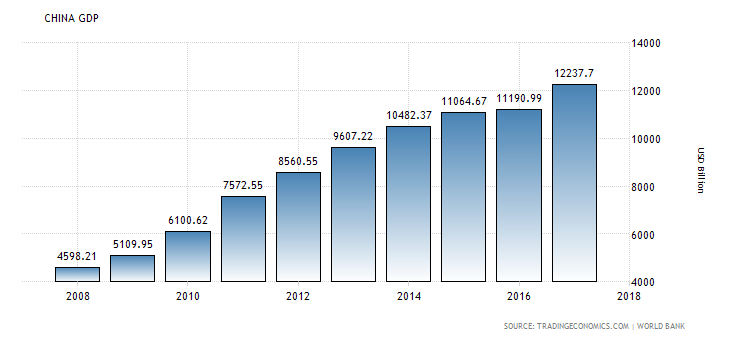Currencies
- Soham Mukherjee
- May 9, 2018
- 3 min read

Dollar Market Overview
Dollar was given a powerful boost last week on a couple of factors.
Firstly, 10 year yield extended recent bull run and hit 3% level for the first time since 2014.
Secondly, Euro was sold off steeply after the confusing messages from ECB President Mario Draghi during the post meeting press conference. The common currency was then pressured further after French GDP miss.
Thirdly, Sterling joined the selloff after poor Q1 GDP result that almost killed off the chance of a May BoE rate hike. Fourthly, Dollar managed to secure most of the weekly gains after better than expected Q1 GDP result from the US.
Hyperinflation in Venezuela currency
The Bolivar, which represents Venezuela currency is and has been the highest in the world for three years. The hyperinflation was about 150% during the fiscal year ending September 2015. Moreover, the cost of goods and service in Venezuela increased to nearly 500% in 2016, causing significant problems in this Communist country.
With the extreme jumping in price, now Venezuela is being listed as the country having the highest rate of inflation, counts for 15,657% annually. In the latest statistics counted by Forbes, the inflation rate in this developing country has reached 167% per month.

Causes of crisis
1) Economic Crisis
2014 started the recession in Venezuela, with the GDP growth at -3.8%. The negative statistics also happened in a row, counted for -10% at the end of 2016. The IMF predicts this trend will not end until the year 2019. However, as the basic rule of inflation, the worse the economy gets, the more variability in price of goods. This year, inflation in Venezuela is forecasted to reach 475%, according to the IMF.
Moreover, the poor management of the government in spending on welfare programs, facilities and dilapidated farms also contributed to the crisis.

2) Oil - The broken engine
In this scenario, we can clearly see the negative aspect of the economy when focused on a single market. Venezuela became wealthy by oil, but was destroyed by oil.
As a member of the Organization of the Petroleum Exporting Countries (OPEC), Venezuela is the fifth largest oil exporter in the world. It makes up over 95% of Venezuela's revenue from its exports. If it doesn't sell oil, the country doesn't have money to spend. Oil prices started falling from the beginning of July 2014, at $100 per can. Two years later, it dropped to roughly $30 per can. Additionally, this is the year that Venezuela had -10% decrease in their GDP growth.
Change in price of oil in the world

3) Soaring food prices and broken hospitals
The inflation has led to various detrimental effects in Venezuela's food importing activities. The depreciating value of Bolivar has weakened the country’s power to produce and import goods from other countries. In the beginning half of 2016, food imports were down by nearly 50%, which led to the extreme shortages. Venezuelans have lived, for some months, without basic necessities like milk, eggs, flour, soap and toilet paper.
Despite a crashing currency and falling oil revenue, the government continued enforcing strict price controls on goods sold in the supermarkets. It forced food importers to terminate the import of virtually everything because they would have had to sell it for a major loss. Medicine has remained in short supply as well.
The country's public hospitals have fallen apart, which has increased the number of ill citizens leading to death due to the scarcity of basic drugs and medical health care.
Effects on the market
1. Shortages
Hyperinflation leads to the scarcity of basic goods. Moreover, people will lose their life savings as the worthless in cash compared to others. In Venezuela, people are using eggs as currency. A carton of eggs is worth 250,000 bolivars.
It only cost 6,740 bolivars in January 2017, according to CNN money. Furthermore, about half a million Venezuelans visited the United States last year. Increasingly, Venezuelans living in the U.S. say their friends and family who can afford it are coming to America to buy basics.
2. Losing value in the exchange currency
The significant change in the exchange rate has caused many negative effects in Venezuela, as products from Venezuela could not be exported as a reasonable prices, and the Government could not import basic goods from other countries because of the high prices.
This is one of the reasons companies doing business in Venezuela are losing profits. They cannot compete with other companies from various nations because of the difference in prices.
3. Taxes and banking systems
The government tax revenues has fallen as it had trouble providing basic services.
Moreover, the more money that is printed by the government for use, hyperinflation will continue to increase and worsen. Banks and lenders are bankrupt since their loans lose value and people stop making deposits.






Comments